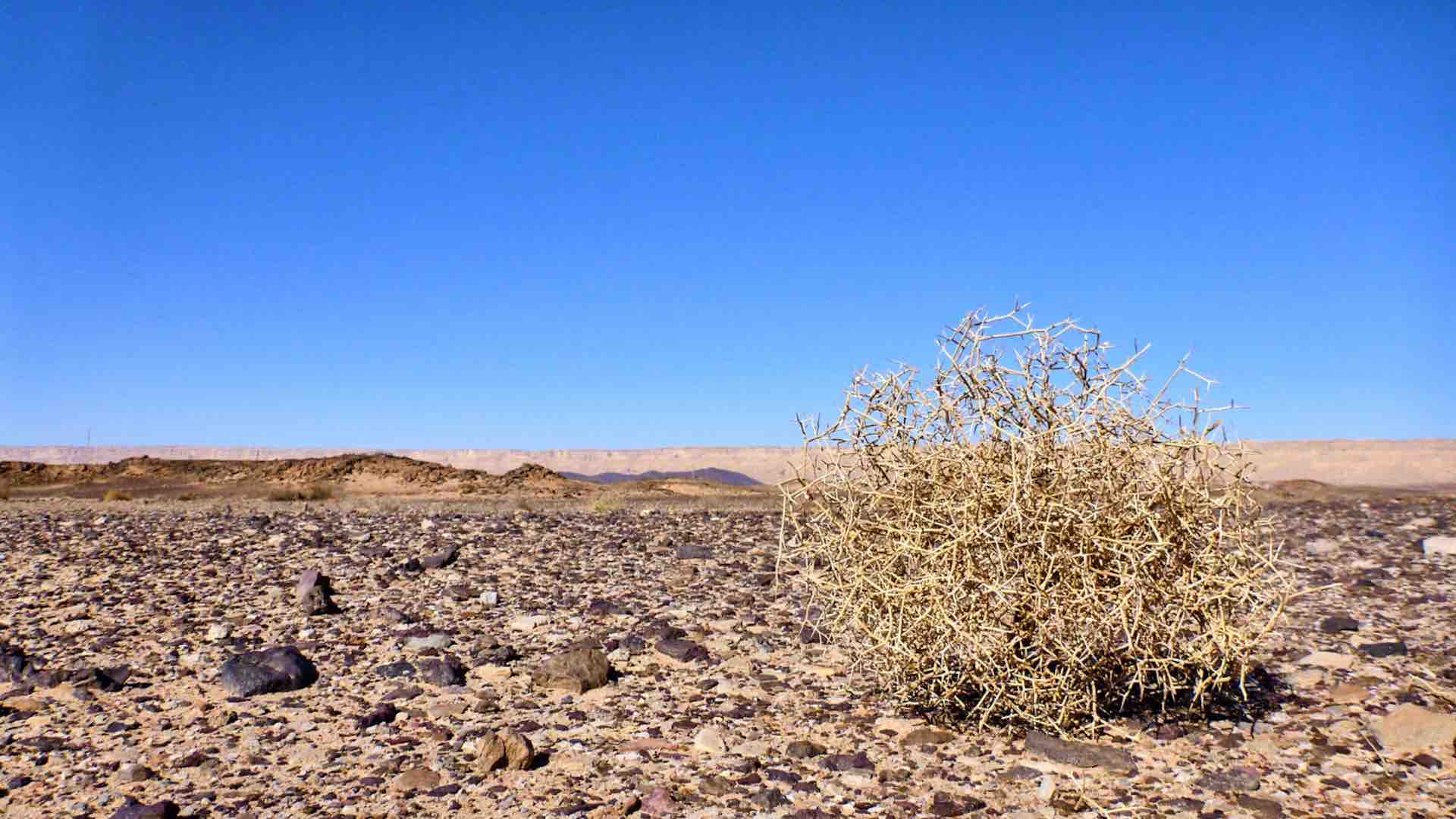The Food and Agriculture Organization (FAO) has published a landmark global assessment of salt-affected soils, marking the first such comprehensive study in half a century. Released today, the report underscores the growing impact of salinisation on agriculture and ecosystems worldwide, with climate change and unsustainable land management cited as key drivers. The study reveals that over 10% of the Earth’s land – approximately 1.4 billion hectares – is already degraded by salinity.

Additionally, another billion hectares face imminent risk due to rising temperatures, shifting rainfall patterns, and human activities such as over-irrigation. Ten countries – Afghanistan, Australia, Argentina, China, Kazakhstan, Russia, the United States, Iran, Sudan, and Uzbekistan – are identified as accounting for 70% of the planet’s salt-affected soils. Salt-affected soils pose severe challenges for agricultural productivity, particularly in regions where food security is already precarious. According to the report, salinity stress can reduce crop yields by up to 70% for staple foods like rice and beans.
The study also highlights that salinity impacts 10% of irrigated cropland and a similar proportion of rainfed cropland, although data gaps make precise assessments difficult. Future projections are equally concerning. Rising global temperatures are expected to exacerbate aridity and expand the area affected by salinity to as much as 32% of the world’s land surface. Coastal areas, home to more than one billion people, face an increasing threat from sea-level rise and associated salinisation, further jeopardising livelihoods and food production in vulnerable regions.
The thawing of permafrost due to global warming is also emerging as a significant contributor to salinisation, altering landscapes and ecosystems in high-latitude regions. Meanwhile, the sixfold increase in global freshwater use over the past century, driven largely by agricultural irrigation, has intensified groundwater salinisation through overexploitation of aquifers.
The FAO’s report calls for urgent, coordinated action to address the underlying causes of salinisation. Sustainable land and water management practices, along with robust monitoring systems, are essential to mitigate the escalating impacts of salt-affected soils on global food systems and ecosystems. This landmark assessment serves as a crucial resource for policymakers, researchers, and stakeholders working to combat the interconnected challenges of salinisation and climate change. – Filed by MENA Newswire News Desk.
